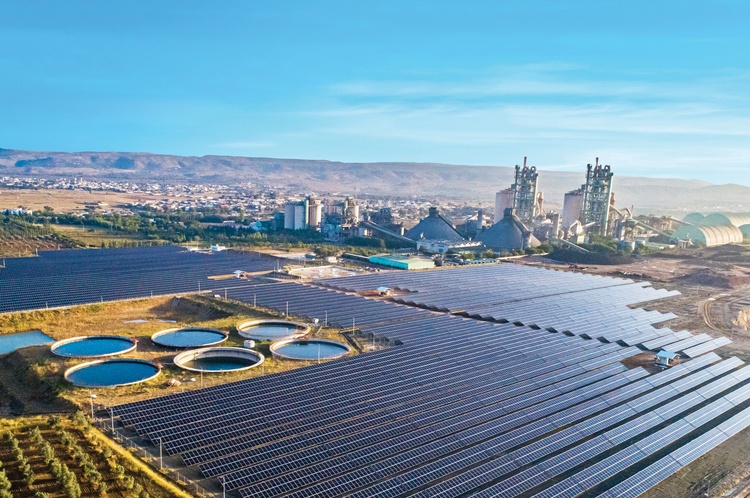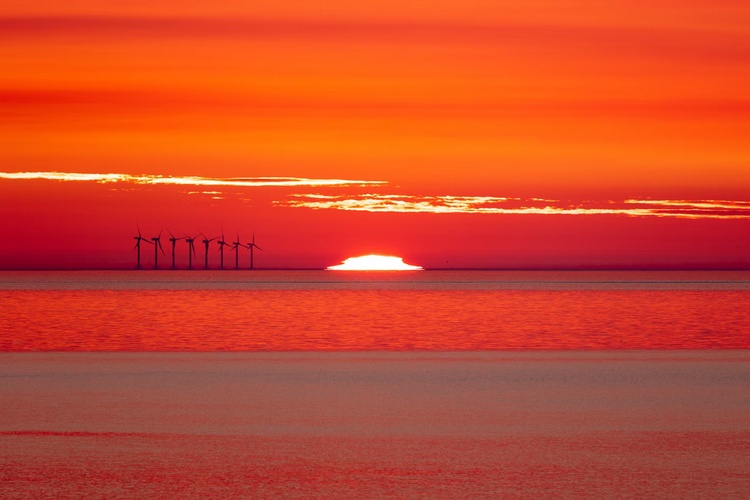November 25 NEC Energy News
¶ “Pakistan Is Experiencing A Solar Power Boom. Here’s What It Can Teach Us” • Pakistan’s rapid adoption of solar energy is largely market-driven with minimal political support. As more consumers abandon the grid, the resulting decline in demand drives up fixed costs for those who stay connected to the grid, and tariffs are up 155%. [The World Economic Forum]

¶ “Russia Must Stop Its Threats To Use Nuclear Weapons: The Japan News” • Russia violated international law and subjected Ukraine to a campaign of aggression. Now it is now threatening to use nuclear weapons if it is counterattacked, as Putin signed a decree on Russia’s use of nuclear weapons. Russia’s lawlessness is too much to tolerate. [Asia News Network]
¶ “US Automakers Face Major Changes To EV And Emissions Policies” • US automakers invested nearly $146 billion over the past three years in design, engineering, and making EVs, the Center for Automotive Research says. Now, they are mounting lobbying campaigns to convince Donald Trump not to tear up the agreement behind their work. [CleanTechnica]
¶ “Danske Commodities Inks 1.4-GW Baltyk Deal” • Danske Commodities has signed balancing agreements for the 720-MW Baltyk 2 and 720-MW Baltyk 3 Polish offshore wind projects. The Energy trading outfit will offtake 100% of the arrays, totaling 1.4 GW, making this the biggest renewables deal in the history of the company. [reNews]

¶ “Adapture Renewables’ 14.6-MW Solar Project Operating Commercially In Virginia” • Utility-scale solar and energy storage project developer, owner, and operator Adapture Renewables announced the completion and start of operations of Rivanna Solar, a 14.6-MW solar project in Charlottesville, Virginia. [Renewable Energy Magazine]
¶ “What’s Going On With California’s Solar Power Grid?” • Based on research from Melody Petersen at the Los Angeles Times, very strange things seem to be happening with solar and wind power in California. As Petersen writes, “large commercial operators are increasingly forced to stop production” of solar power when the state’s systems produce too much of it. [InsideHook]
For more news, please visit geoharvey – Daily News about Energy and Climate Change.
